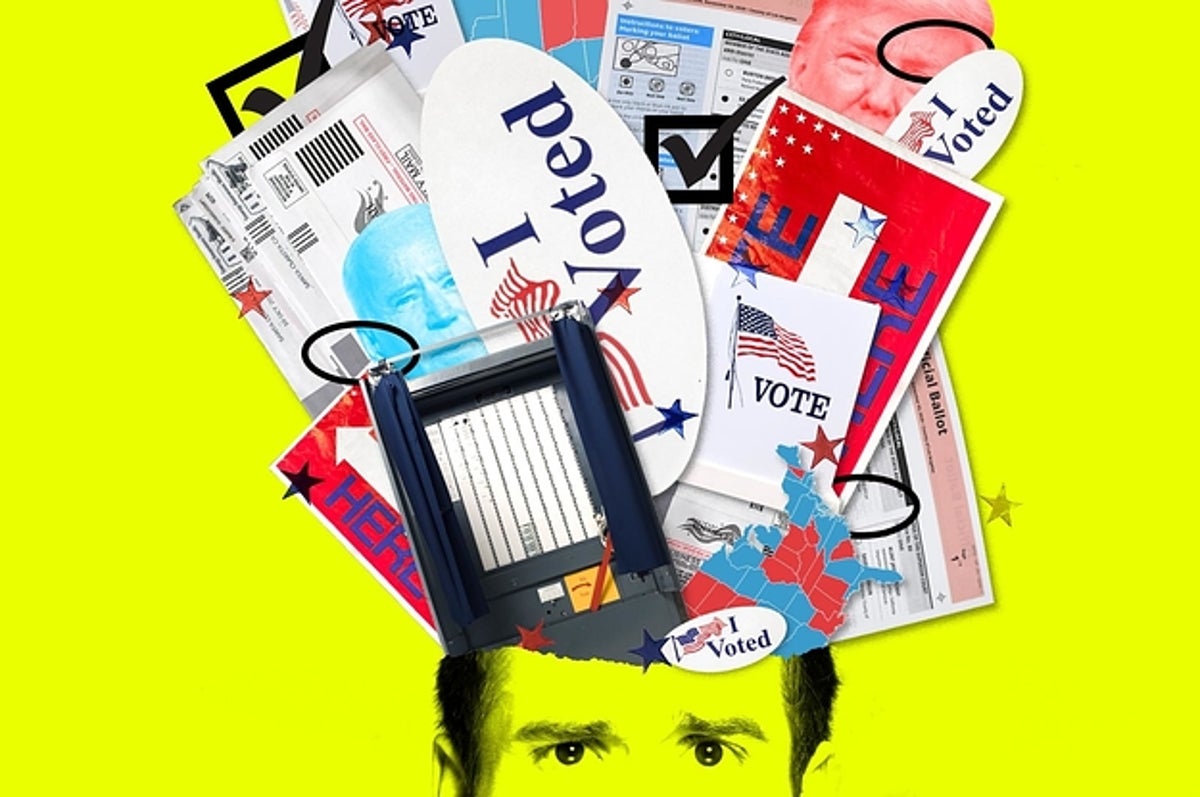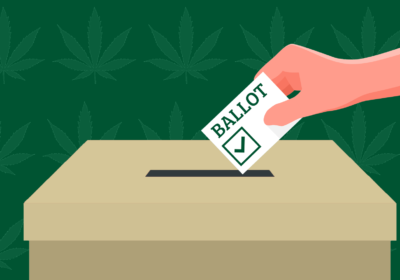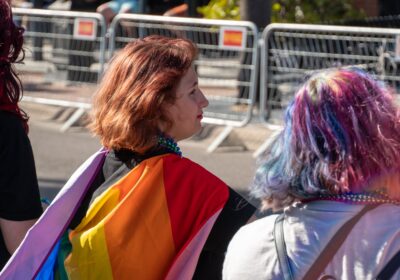Election season tests students’ mental health

Edgar Jardines, Deferred Action for Childhood Arrivals recipient and sophomore computer science major, has spent the past several weeks learning to live with the anxiety and fear of potentially being deported if the election does not swing in his favor.
For many USF students, this anxiety is a familiar feeling. The Counseling Center has seen an increase in students during the election season, according to Scott Strader, director of the Counseling Center. He said that the election is the tipping point for many students who have made appointments to speak with counselors.
“What we really see is that people may have had some low-level anxiety or low-level concerns,” he said. “Situations like [the election] really end up exacerbating what is going on and really increases the level of anxiety, concern or triggering trauma.”
This was the case for Molly Paschal, a sophomore pre-nursing major who feared that her rights as a woman and LGBTQ individual would be infringed upon, depending on the results of the election.
“I have generalized anxiety disorder and, as we grew closer to [Election Day], I have had a major increase in anxiety attacks,” she said.
Senior criminology major Kirsten Nagle felt a decline in her mental health because of the potential impacts the candidates’ policies could have on her family. She said her anxiety began primarily when Supreme Court Associate Justice Amy Coney Barrett was sworn into the Supreme Court due to Barrett’s conservative beliefs, which she speculates include pro-life and anti-LGBTQ stances.
“Knowing that the rights of me and the people I love could potentially be on the line depending on who wins is making my anxiety peak more and more with each day closer [to a decision] that we get,” she said. “I shouldn’t have to worry about mine or anyone else’s basic rights being taken based on the outcome of the election, but here we are.”
Students’ election anxiety has augmented those about the pandemic and created a general anxiety of the unknown, according to Counseling Center psychologist Danielle Rosenkrantz.
“[The election] is another big factor impacting folks and their feelings of being unsure of what the future holds depending on different identities they hold and things like that,” she said.
This is true for Jardines, who feels that his whole life is on the line in this election cycle.
“I’ve always had to fear that maybe one day, I’d lose everything I’ve ever worked for,” he said. “If the Republicans win, then my stress levels will probably skyrocket.”
This is not a new experience for Strader, who said students tend to feel more stressed every four years during the national election.
Alexandria Bishop, a junior political science major, felt her mental health decline due to different aspects of the election cycle, the most significant of which was her own political advocacy.
“The externalities of the election, the media coverage, the climate among voters, the violent attacks on people simply because of who they are voting for, are overwhelming for me,” she said. “I know for a long time I was afraid to share who I support for fear of being attacked.”
The counselors agreed that the climate among voters and the media coverage of the election do play a role in the anxiety that the students are feeling.
Licensed mental health counselor at the Counseling Center Jason Axford felt that political social media posts play a large role in election-related stress, and suggested that students turn off their notifications in order to combat this.
“Turning off the notifications effectively returns the power of choice into your hands,” he said.
The power of choice and the ability to worry only about the things that a student can control are the biggest coping mechanisms prescribed by the counselors.
Some students live by this advice such as senior criminology major Jessica Thomlinson. She chose to focus on running, academics and her personal life, as those are within her power.
“I’m not stressed about the election because I have no control over it,” she said. “All I can do is pray that no matter the outcome we can all be united and move forward.”
Jardines feels that most of his life is out of his control, so he does all he can to focus on the present.
“I try not to plan ahead of what I know I can do,” he said. “I can’t fall in love with a future filled with dreams since I don’t even know if I will still be in school next semester. I don’t have that luxury.”
Along with focusing on the things that students can control, teaching mindful breathing techniques, encouraging connection with loved ones and emphasizing the importance of getting outside, the Counseling Center has prepared several events and options for students who find themselves struggling after the election.
“Staff at the Counseling Center are aware this may be a stressful time for USF students, and we have worked to be proactive about meeting their needs,” Strader said.
Many of these events will revolve around focusing on something other than the election, like mindful meditation or workshops based on learning coping techniques.
For those who do want to talk about the election, the Counseling Center is holding “What’s Next: Moving Forward Post Election” which will consist of three separate hourlong open forums for students to discuss their thoughts and feelings after the election. These will be held on Microsoft Teams on Nov. 6 at 2 p.m., Nov. 9 at 1 p.m. and Nov. 12 at 3 p.m.
The Counseling Center encourages students to be mindful and to explore their “manageable, appropriate and healthy” coping mechanisms in the days to come.
“We are not only resilient individuals, we are resilient as a nation and recognize that our nation has been through difficult times before, even though this is very different and will potentially be very different,” Strader said.
“I think being able to take a bit of a step back and not be so locked into the next few days is really the best way to cope.”






